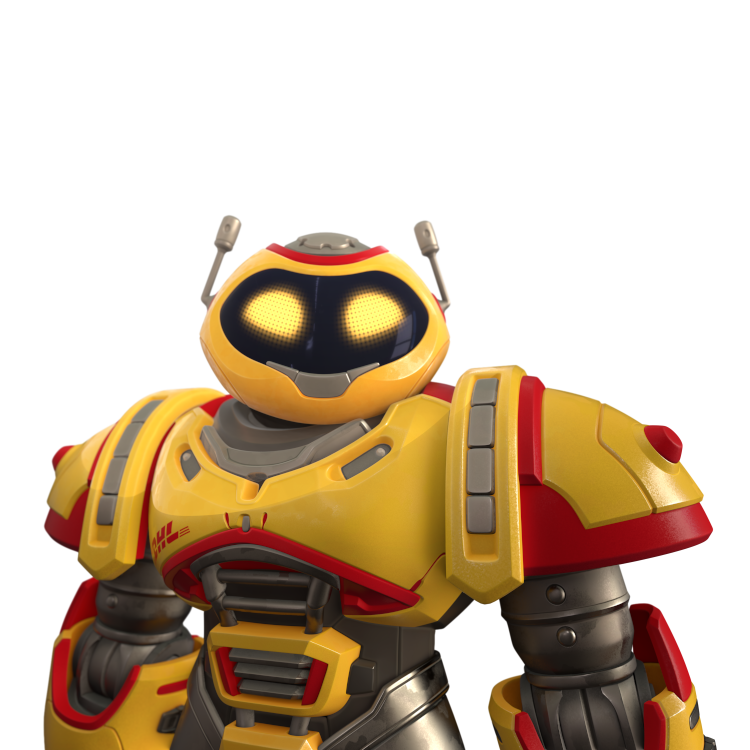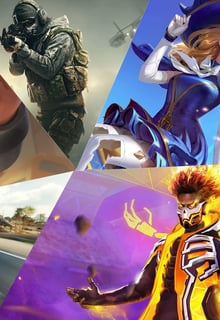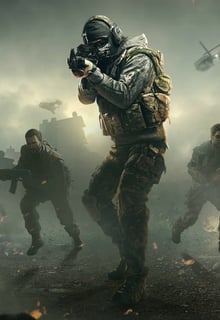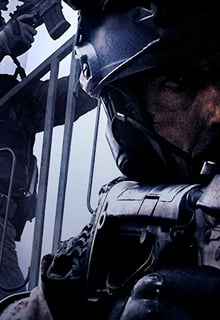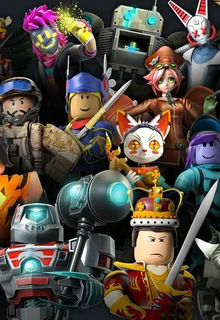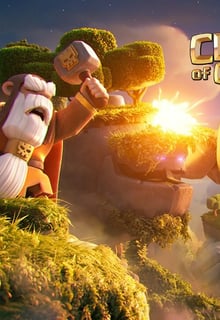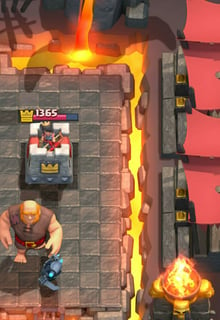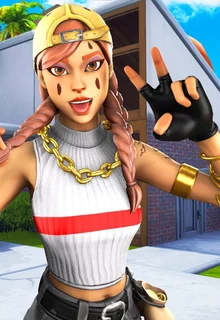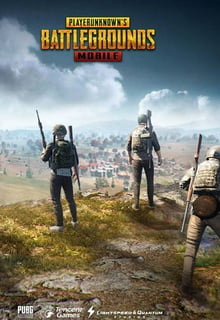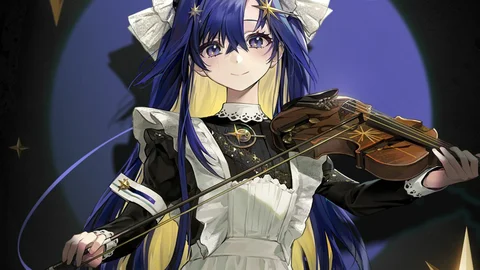This Reverse: 1999 beginner's guide will explain some of the in-game terms while going over gameplay, character progression, team building and other things.
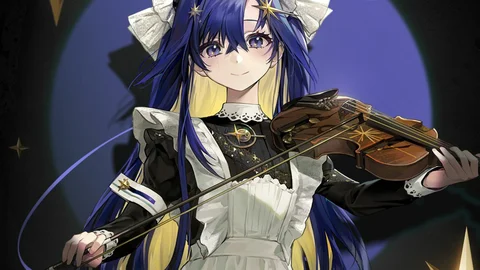
Reverse: 1999 is a gacha turn-based roleplaying game available on the PC and Mobile platforms where you take control of Arcanists and delve into a fictional world set in the 20th Century, featuring time travel and a dark story where you travel into different eras and try to fix the distorted world as the Timekeeper, an observer of eras.
The game features a plethora of unique playable characters whom you can use to build a team of four, making their skills available during combat in the form of cards that you can use to trigger the skill or combine to improve its effectiveness.
While Reverse: 1999 is a pretty straightforward game, it is filled with a ton of game-related jargon, mechanics, and other such things that you should know about before hopping into the game or during the early hours to make the experience smooth.
So, to help you, we are here with a detailed beginner's guide on Reverse: 1999 that talks about the in-game terms, gameplay, team building, Tuning Skills, Psychubes, character progression, and much more.
Reverse: 1999 Beginner's Guide
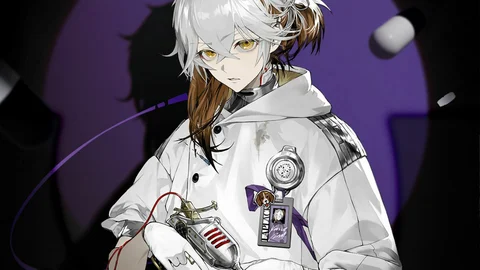
To make the Revese: 1999 beginner's guide easy to understand, we have structured it into the following sections:
- In-game terms
- Gameplay
- Character Progression
- Team Building
In-Game Terms
Reverse: 1999 features a ton of game-related jargon such as AP, Moxie, Inheritance Reality DMG, Mental DMG, Tuning Skills, and others.
Here is a brief explanation of all of them:
Action Points (AP)
Action Points, aka AP, in Reverse: 1999, are the main parameter that governs over the number of actions, such as combining or using skill cards, you can perform in your turn.
Each character in your team adds an AP. So, for example, if your team includes only one unit, then you will have one AP.
On the contrary, if your team has three active units, you will have 3 AP and if all four members of the team are active, which generally happens during boss battles, you will have four AP.
Losing a team member will reduce the number of AP you have. For example, if one of your three units dies during battle, your AP count will reduce from 3 to 2.
Moxie
Moxie is a visual indicator that you can find right below your character's HP bar, indicating the time until you can use the respective character's ultimate skill.
In Reverse: 1999, you can gain Moxie by moving and merging cards, whereas some characters can also increase the Moxie gain and even transfer it to other units.
Inheritance
Inheritance is nothing but ascension levels that we have seen in games like Genshin Impact and others. It increases the max level cap for the unit while unlocking certain passive abilities.
There are four Inheritance levels in Reverse: 1999: i0, i1, i2 and i3. The two to four-star units in the game can go up to i2.
Meanwhile, the five-star units can achieve i3 Inheritance, with the six-star ones being the only units that can go up to i3, which is max Inheritance.
Tuning Skills
Tuning Skills gives certain buffs to your team during battle. Currently, Reverse: 1999 offers only two Tuning Skills: First Melody and Grand Orchestra, which you can unlock by progressing the game.
You can access the two Tuning Skills via the option available on the bottom left side of the combat screen.
Afflatus
Afflatus are nothing but Elements that every Arcanist has in Reverse: 1999.
When writing this guide, the game offers six Afflatus. These are:
- Star
- Mineral
- Beast
- Plant
- Spirit
- Intellect
Damage Type
There are two DMG Types in Reverse: 1999. These are Reality DMG, which is similar to Physical DMG that we have in other games, and the other one is Mental DMG, similar to magic based damage.
Psychubes
Psychubes are like Light Cones and Weapons that we have in games like Honkai Star Rail and Genshin Impact.
There are different rarity Psychubes, each with unique stats, sub-stats, and amplification that are like Refinement.
Resonance
Resonance is a mechanic that enables players to increase different base attributes of an Arcanist in Reverse: 1999.
Gameplay
The gameplay of Reverse: 1999 is pretty simple! You have different game modes, such as Main Story, Wilderness Trail, Pneuma Analysis, Artificial Somnambulism, and others, where you can form a team and tackle the different stages.
After you complete the game's tutorial, keep progressing the Main Story until the end of Chapter 3 or at least until Stage 2 of Chapter 3. Once that is done, you will have almost every game mode and content unlocked.
During your quest to complete the Main Story, keep upgrading your Arcanist's Inheritance, Level, and Resonance to ensure you are powerful enough to complete the stages.
Once you are done with the story, you can farm Pneuma Analysis for Psychubes, Trail for lucrative rewards, Wilderness to farm Sharpodonty and character level-up materials, and the Artificial Somnambulism and others to complete different challenges for more rewards.
Character Progression
The character progression in Reverse: 1999 is similar to what we have in Genshin Impact, Honkai Star Rail, and others.
Level up your character using Dust, and increase their Inheritance using certain materials that you can obtain from Trails to increase the level cap, and then resume leveling them up.
Team Building
In Reverse: 1999, you can build a team of four characters where three act as the active ones used in battle, with the fourth being a substitute who mainly enters the battle when any of the three characters die, which is a rare case, until and unless you have randomly put together a team during mid or end game.
That being said, here is how you should be building your team in Reverse: 1999:
- Character Slot 1: DPS
- Character Slot 2: Support
- Character Slot 3: Healer / Survival (Shielder)
- Character Slot 4: DPS / Sub DPS
We have a dedicated team building guide talking about team compositions and other such things while sharing some of the best teams in the game. Check it out.
For more guides on Reverse: 1999, check out:
- Reverse 1999 Tier List: Best To Worst Arcanists, Ranked
- How To Reroll In Reverse 1999 & Best Characters To Reroll For
Sponsored by DHL

